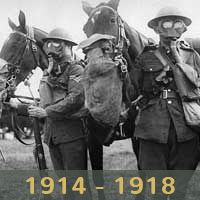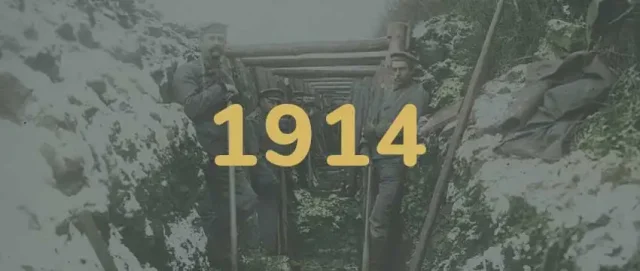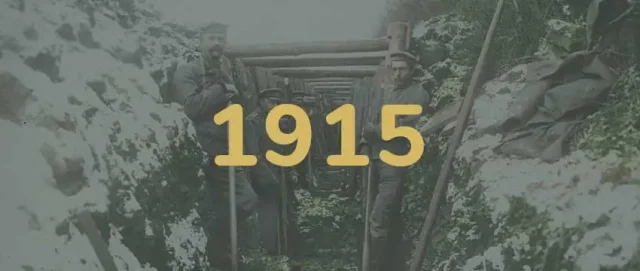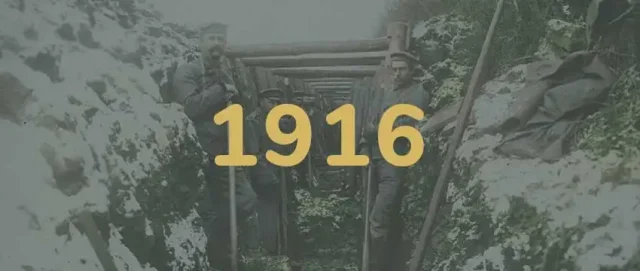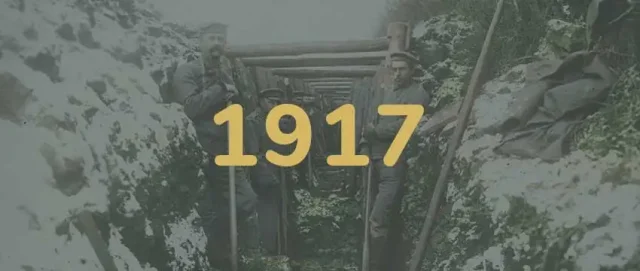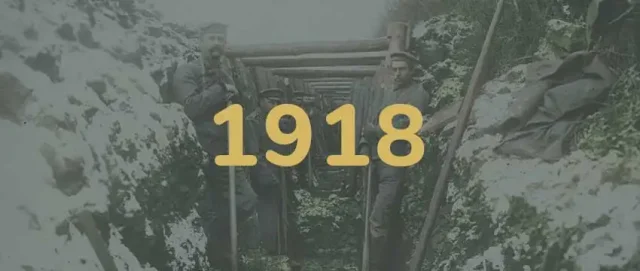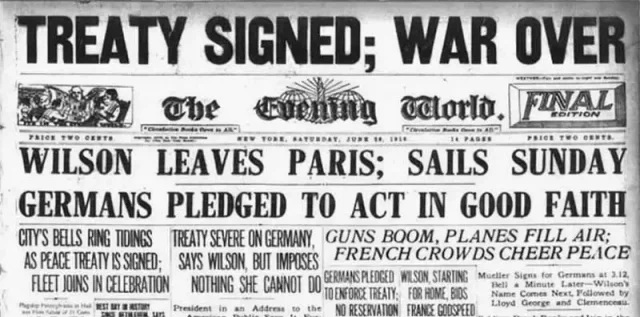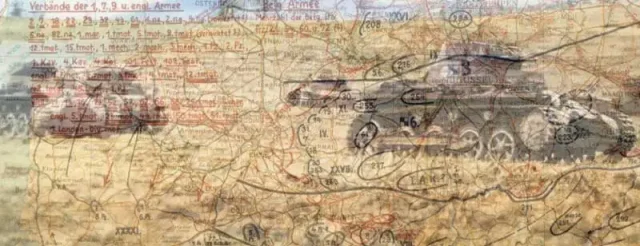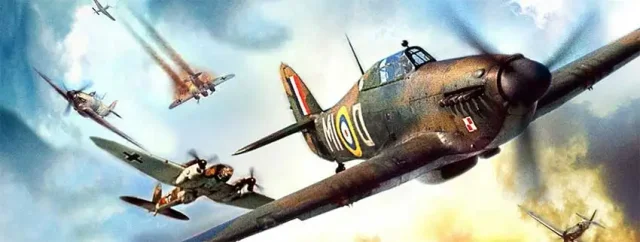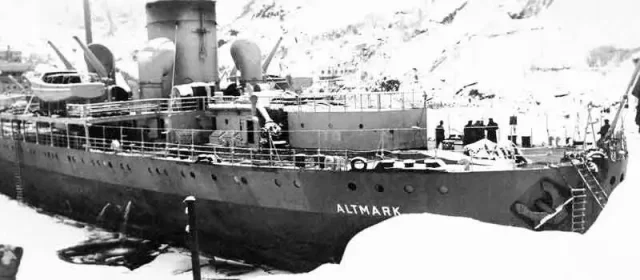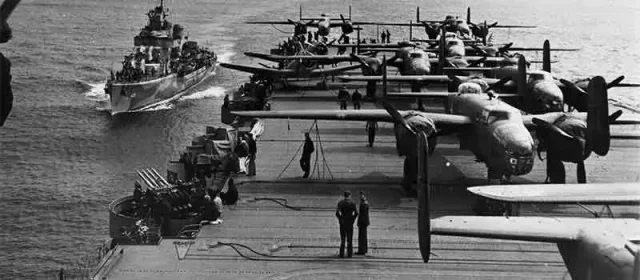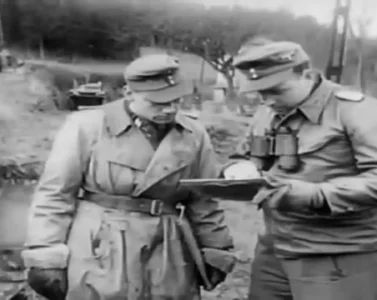- Military History
- Conflicts & Wars
Conflicts & Wars
An understanding of world conflict is vital in order to prevent future wars and predict their consequences: famine, massacres, mass displacement, persecution, collapsed governments, genocide, wartime deaths, and retribution killings.
Violent conflict still is the dominant condition for tens of millions of people and, alongside progress in governance, defines the momentum of history for most of the world’s peoples. Most of today’s wars are in the poorer countries of the world. As well, where one finds violent conflict, one also finds authoritarian governments.
Inevitably, there will be more horrible wars and innovations in mass destruction. War continues to be part of the birthing pain of emerging democracies. Peace in our time will depend, in part, on a broader international understanding of these problems, which can be promoted by more people reading websites like MegaMilitary.
- {{#owner}}
- {{#url}} {{#avatarSrc}}
{{name}} {{/url}} {{^url}} {{#avatar}} {{& avatar}} {{/avatar}} {{name}} {{/url}} - {{/owner}} {{#created}}
- {{created}} {{/created}}


